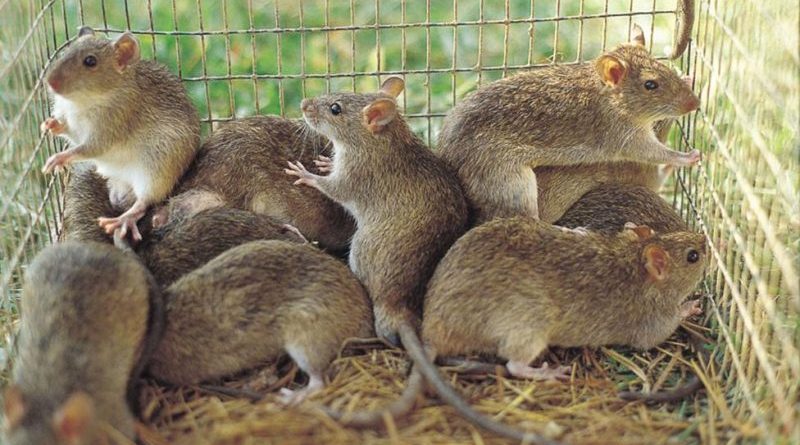Death toll rises to 172 as Ondo state records highest cases
The Nigeria Centre for Disease Control and Prevention (NCDC) has reported a rise in confirmed Lassa fever cases in its latest situation report for Epidemiological Week 40.
According to the report, 13 new confirmed cases were recorded during the week, a significant increase from four in the previous week.
All new infections were reported from Ondo State, one of the country’s persistent Lassa fever hotspots.
Rising fatalities, concentrated spread
Cumulatively, Nigeria has recorded 924 confirmed cases of lassa fever and 172 deaths across 21 states and 106 local government areas since the start of 2025, translating to a case fatality rate (CFR) of 18.6 per cent.
This figure is higher than the 17 per cent CFR reported during the same period in 2024.
The NCDC noted that 90 per cent of all confirmed cases were concentrated in five states: Ondo (35 per cent), Bauchi (22 per cent), Edo (17 per cent), Taraba (13 per cent), and Ebonyi (three per cent). The remaining 10 per cent of cases were spread across 16 other states.
The most affected age group is 21 to 30 years, with a median age of 30.
Men accounted for a slightly higher proportion of confirmed infections, with a male-to-female ratio of 1 to 0.8.
National and subnational response
In response to the ongoing outbreak, the NCDC said it had deployed 10 National Rapid Response Teams to affected states, working under a One Health approach that integrates human, animal, and environmental health surveillance.
The agency also highlighted several ongoing initiatives aimed at strengthening preparedness and response.
These include capacity-building sessions introducing the S.O.A.R (Strengths, Opportunities, Aspirations, and Results) analysis for strategic planning, as well as collaborative workshops with the National Agency for Food and Drug Administration and Control (NAFDAC), the Coalition for Epidemic Preparedness Innovations (CEPI), the World Health Organisation (WHO), and other partners on vaccine access and Lassa fever control.
In addition, the NCDC said it has conducted clinician sensitisation across six high-burden LGAs in Ondo State, supported by the WHO, and distributed infection prevention and control (IPC) materials, including thermometers, personal protective equipment (PPE), Ribavirin, and hand sanitisers, to treatment centres nationwide.
The agency also announced the launch of its IPC e-learning platform, developed in partnership with the Dr Ameyo Stella Adadevoh (DRASA) Health Trust and funded by the Global Fund, to enhance infection control training across health facilities.
Despite ongoing interventions, the NCDC identified several factors fuelling the outbreak, including late presentation of cases, poor health-seeking behaviour due to treatment costs, and low awareness in high-burden communities.
It also cited poor sanitation as a major contributor to rodent-borne transmission.
The agency urged states to sustain year-round community engagement on prevention, while health workers are advised to maintain a high index of suspicion and ensure prompt referral and treatment of suspected cases.
The NCDC reaffirmed its commitment to strengthening state capacity to prevent, detect, and respond timely to Lassa fever, stressing that coordinated efforts between government agencies and partners remain key to curbing infections.
READ ALSO: WHO reports major decline in polio cases across Africa
Lassa fever
Lassa fever is an acute viral haemorrhagic illness caused by the Lassa virus, which is transmitted to humans primarily through contact with food or household items contaminated by the urine or faeces of infected rats.
It can also spread from person to person through contact with bodily fluids.
The disease often begins with fever, weakness, and headache, and may progress to more severe symptoms such as bleeding, difficulty breathing, swelling, and organ failure.

